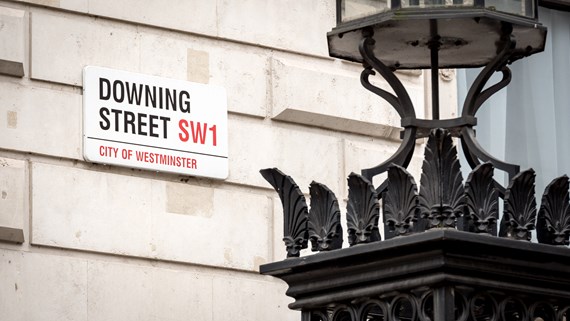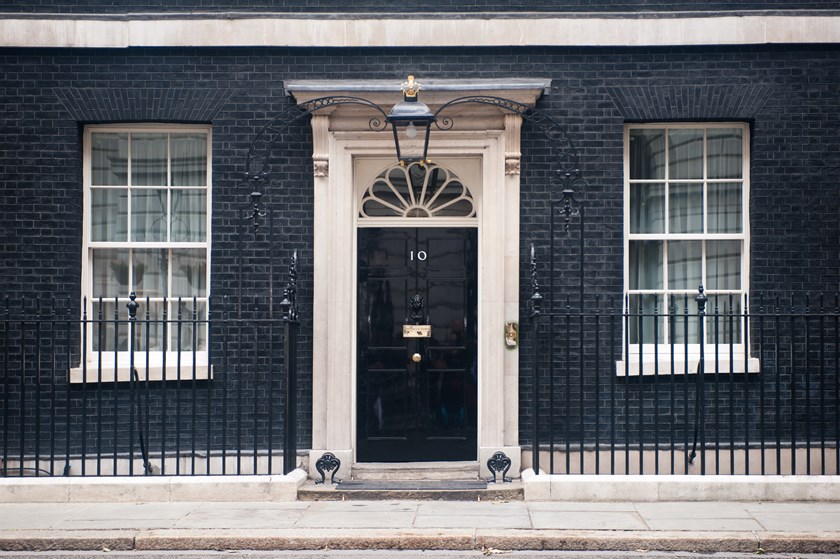Spring Budget 2024: winds of change
Insight

Recent UK budget announcements have generally been more notable for what they have omitted, rather than for making any sweeping tax changes. However, Jeremy Hunt’s 2024 budget includes some long-anticipated changes to the UK tax system.
We address the measures relating to the UK’s "non-dom" tax regime separately here, but there are plenty of other personal and business tax changes to note too. Some other key measures announced in the 2024 budget include:
- Stamp Duty Land Tax (SDLT): Multiple dwellings relief (MDR) from SDLT will be abolished. As explained in this briefing, MDR was originally introduced to support the bulk purchase of homes to increase rental stock. However, it has long been used outside that context to the advantage of those buying larger residential properties with ancillary cottages, annexes and flats. Prospective buyers of such properties generally have until 1 June 2024 to complete their purchase with the benefit of MDR, although those who have exchanged contracts on or before 6 March can continue to benefit from the relief whenever they complete. Note that no changes have been announced to the SDLT "mixed use" rules, which will remain relevant (see our briefing on these rules here.)
- Capital Gains Tax: The top rate of capital gains tax on sales of residential properties will fall from 28 per cent to 24 per cent. Although this same 28 per cent tax rate also applies to carried interest held by fund managers, the 2024 budget does not mention any change to that tax regime.
- National Insurance Contributions (NICs): The main rate of Class 1 employee NICs will fall from 10 per cent to 8 per cent from 6 April 2024. The rate for Class 4 self-employed NICs will also be reduced from 9 per cent to 6 per cent. While these changes will be welcomed, it is worth remembering that, as announced in this previous briefing, income tax bands remain frozen. In the current economic climate this will continue to put more individuals into higher rates of tax and for many this will offset this latest reduction in NICs rates.
- Transfer of Assets Abroad (ToAA) anti-avoidance rules: The Government has announced that legislation will be implemented ‘to ensure individuals cannot use a company to bypass anti-avoidance legislation… in order to avoid UK income tax’ from 6 April 2024. This appears to be a reference to closing a perceived loophole in the ToAA regime following the Supreme Court decision in HMRC v Fisher [2023] UKSC 44, in which the Court held that a transfer of a business to Gibraltar from the UK did not fall within the scope of ToAA rules.
- Agricultural Property Relief (APR) for Inheritance Tax: Following consultation, APR will be extended from 6 April 2025 to include land managed under an environmental agreement with, or on behalf of, certain public bodies. The widely anticipated abolition or reduction to 20 per cent of inheritance tax remained absent.
- Tax Transparency: Various tax recovery measures are to be extended, including changes to enhance transparency around cryptocurrency investments.
- VAT: The VAT compulsory registration threshold will be increased to £90,000 and the deregistration threshold to £88,000 from 1 April 2024.
- Furnished Holiday Lets: The furnished holiday lets tax regime, which can provide tax benefits to some landlords who let short-term holiday properties, will be abolished from 6 April 2025.
This publication is a general summary of the law as at the date of publication. It should not replace legal advice tailored to your specific circumstances.
© Farrer & Co LLP, March 2024







